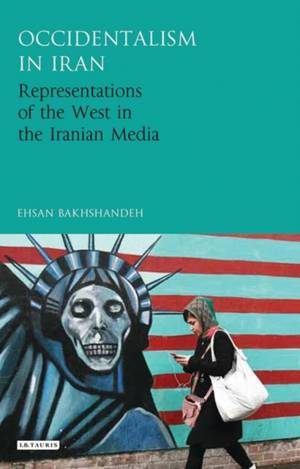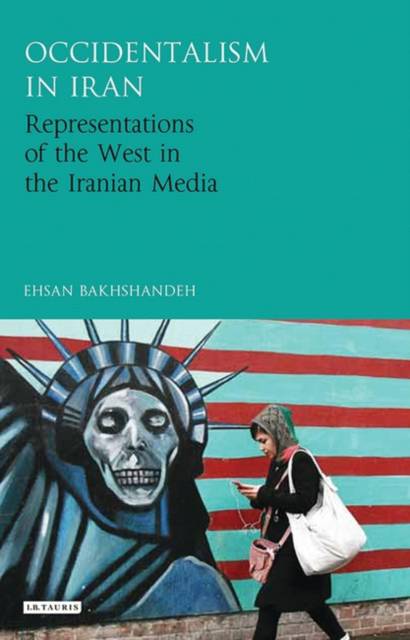
- Retrait gratuit dans votre magasin Club
- 7.000.000 titres dans notre catalogue
- Payer en toute sécurité
- Toujours un magasin près de chez vous
- Retrait gratuit dans votre magasin Club
- 7.000.0000 titres dans notre catalogue
- Payer en toute sécurité
- Toujours un magasin près de chez vous
271,45 €
+ 542 points
Description
Negative portrayals of the West in Iran are often centred around the CIA-engineered coup of 1953, which overthrew Prime Minister Mohammad Mosaddeq, or the hostage-taking crisis in 1979 following the attack on the US embassy in Tehran. Looking past these iconic events, Ehsan Bakhshandeh explores the deeper anti-imperialistic and anti-hegemonic roots of the hostility to Westernism that is evident in the Iranian press. Distinguishing between negative and outright hostile perceptions of the West - which also encompasses Britain, France and Germany - the book traces how the West is represented as the `Occident' in the country's media.
From the Qajar period and the Tobacco protests of the late nineteenth century to the ill-fated Anglo-Persian Treaty of 1919, through to the 1953 coup and 1979 hostage crisis, Bakshandeh highlights the various points in history when misinterpretations and conflicts led to a demonisation of the `other' in the Iranian media. The major recent source of contention between the West and Iran has of course been the nuclear issue and the resultant regime of sanctions. By examining how this and other issues have been represented by the Iranian press, Bakshandeh offers a crucial and often-overlooked aspect of the key relationship between Iran and the West.
From the Qajar period and the Tobacco protests of the late nineteenth century to the ill-fated Anglo-Persian Treaty of 1919, through to the 1953 coup and 1979 hostage crisis, Bakshandeh highlights the various points in history when misinterpretations and conflicts led to a demonisation of the `other' in the Iranian media. The major recent source of contention between the West and Iran has of course been the nuclear issue and the resultant regime of sanctions. By examining how this and other issues have been represented by the Iranian press, Bakshandeh offers a crucial and often-overlooked aspect of the key relationship between Iran and the West.
Spécifications
Parties prenantes
- Auteur(s) :
- Editeur:
Contenu
- Nombre de pages :
- 248
- Langue:
- Anglais
- Collection :
Caractéristiques
- EAN:
- 9781784531621
- Date de parution :
- 30-10-15
- Format:
- Livre relié
- Format numérique:
- Genaaid
- Dimensions :
- 140 mm x 218 mm
- Poids :
- 453 g

Les avis
Nous publions uniquement les avis qui respectent les conditions requises. Consultez nos conditions pour les avis.






